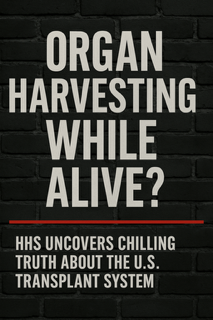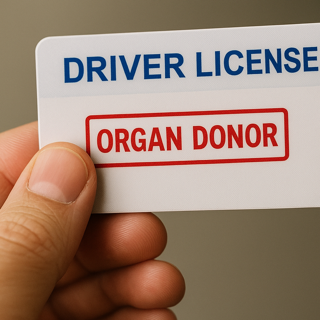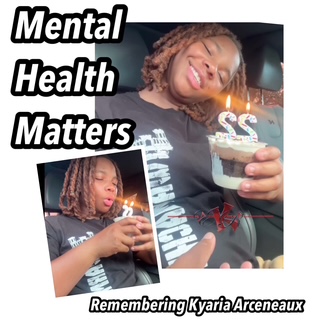
Let’s talk truth.
According to official statements from HHS Secretary Robert F. Kennedy Jr., The U.S. Department of Health and Human Services (HHS) just exposed something that should have every single person in our community pausing and asking questions: Hospitals and organ procurement organizations (OPOs) have been initiating organ collection before patients were even declared dead.
Yes, you read that right.
According to a federal investigation under HHS Secretary Robert F. Kennedy Jr., over two dozen patients may have been alive—with signs of brain activity or neurological response—when organ harvesting began. And the organization responsible for collecting organs in Kentucky, southwest Ohio, and parts of West Virginia was at the center of it all.
Now think for a moment: how often have we heard about Black bodies, poor bodies, or marginalized communities being treated like they’re disposable? Whether it’s in prisons, in hospitals, or at the border—now add organ harvesting to the list.
What the Investigation Found

This wasn’t just one or two fluke cases. Out of 351 failed organ donations, 103 were flagged for serious concerns — and at least 28 patients may not have been clinically dead. That’s nearly 1 in 10 of the total cases where someone may have had their organs taken prematurely.
Key findings included:
- Poor or rushed brain death assessments
- Lack of coordination with doctors
- Consent obtained under questionable circumstances
- Deaths misclassified — especially in overdose victims
And you already know who’s most at risk in chaotic, under-resourced hospitals: Black folks, rural folks, the poor, the uninsured. Our people.
Let’s Be Real: This Isn’t New
Our community has a long, painful history with medical exploitation:
- The Tuskegee Syphilis Study
- Henrietta Lacks’ stolen cells
- Black women sterilized without consent
- Disproportionate deaths in childbirth
Now we have a new layer: people being declared dead too soon to get their organs — while families are still praying at their bedsides.
And under the old system? No accountability. The same federal board under the Biden administration closed the case without taking action. That silence speaks volumes.
So What’s Changing?!
Thanks to Kennedy’s leadership, the OPO has been warned: Fix your protocols or get shut down. For the first time, staff will be empowered to stop an organ procedure if they believe the patient isn’t truly gone. Hospitals and organ networks will also be forced to report every single time a family or staff member calls out unsafe practices.
But this is just the beginning.
Let’s keep it a buck: If they’re doing this to people with access to hospitals, imagine what they’d do to us — the uninsured, the homeless, the voiceless. We’ve seen time and time again how systemic racism in medicine plays out in deadly ways.
That’s why we need to:
- Talk to our families about organ donation — know your rights, your boundaries, and your wishes.
- Hold medical systems accountable. If something doesn’t feel right, speak up. Ask questions.
- Stay educated. Just because it’s legal doesn’t mean it’s ethical — and just because it’s happening in “rural” hospitals doesn’t mean it can’t happen here.
Reconsider That Organ Donor Box?

Here’s something most folks don’t know: a lot of people who work in hospitals — doctors, nurses, paramedics — are not registered organ donors. Why? Because they’ve seen too much. They understand how blurry the lines can get when it comes to life, death, and who gets priority. So ask yourself: if the people who work inside the system don’t check that box, should you? It’s your body. Your choice. Just make sure it’s an informed one.
This isn’t about fear-mongering. It’s about facts.
The truth is, the system was never built to protect us — which is why we have to protect each other. These new revelations from HHS are a wake-up call for all of us to demand transparency, justice, and human dignity — not just when someone is alive, but especially at the edge of life and death.
Because our bodies aren’t commodities. And our lives aren’t up for grabs.













